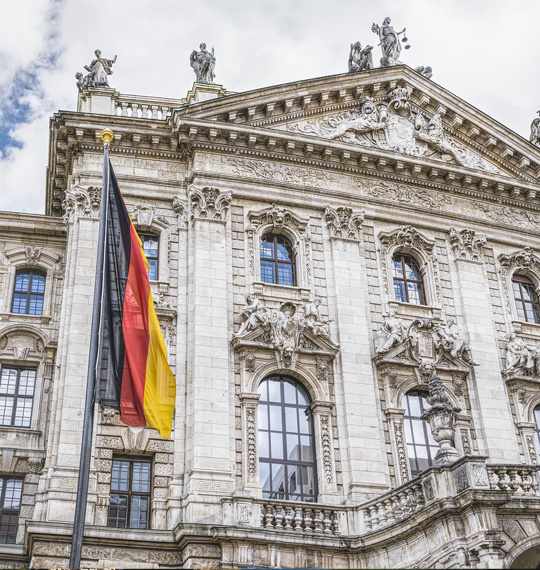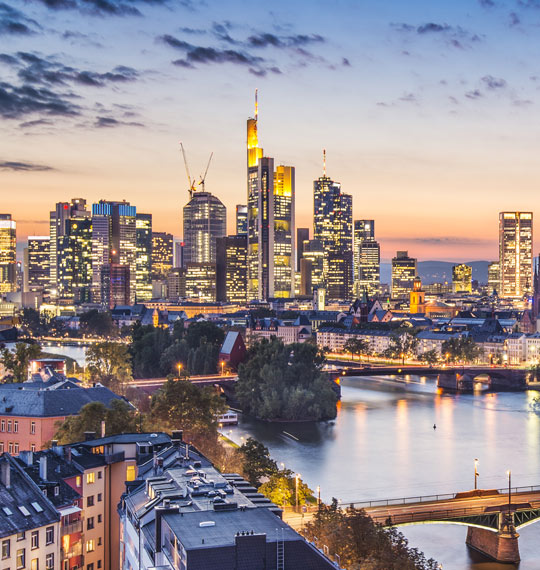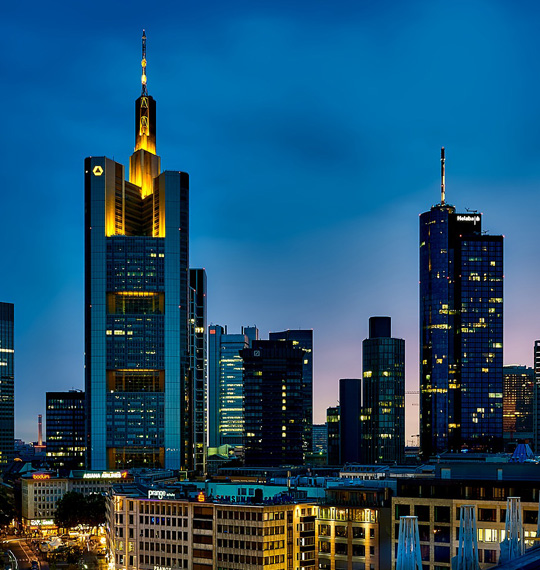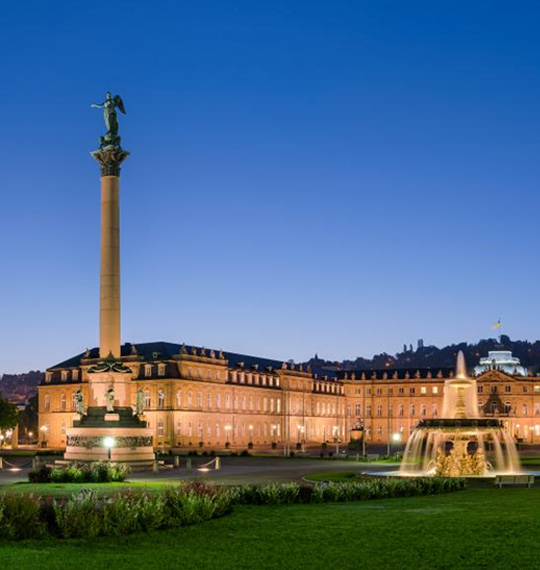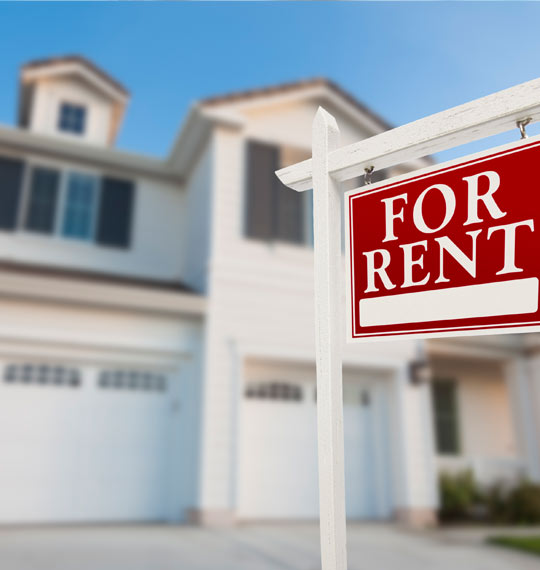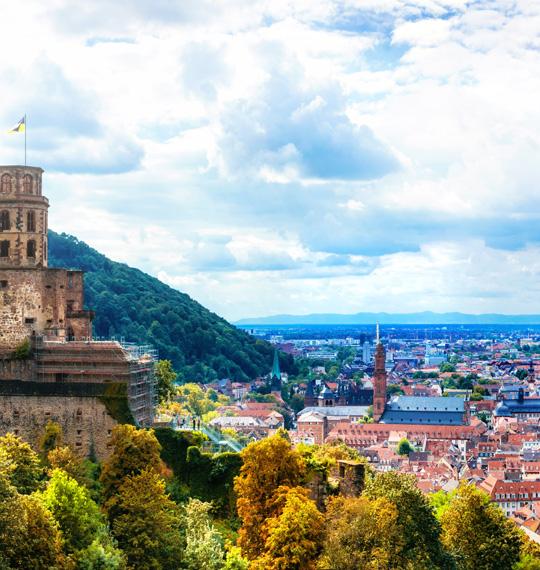Moving to a new city can be an exciting and transformative experience, especially when that city is as rich in history and culture as Nuremberg, Germany. If you’re an expatriate preparing to move to Nuremberg, there are several things you should know to help ease your transition and make the most of your new home.
In this article, we’ll provide you with essential information about Nuremberg, including its history, culture, lifestyle, and practical tips for settling in.
Nuremberg, located in the Bavaria region of southern Germany, is a city that seamlessly blends the old and the new. With its well-preserved medieval architecture and modern infrastructure, Nuremberg offers a unique and picturesque setting for expatriates. The city is known for its rich history, having been an important center of trade, culture, and art during the Middle Ages. Today, Nuremberg is a thriving urban hub with a strong economy and a vibrant cultural scene.
One of the first things you’ll notice about Nuremberg is its stunning Old Town (Altstadt). Encircled by ancient city walls, the Old Town features charming cobblestone streets, colorful half-timbered houses, and prominent landmarks like the Imperial Castle (Kaiserburg) and the Church of Our Lady (Frauenkirche). Exploring the Old Town is like stepping back in time, and it’s a must-visit for history enthusiasts.
Nuremberg is also famous for its Christkindlesmarkt, one of Germany’s oldest and most renowned Christmas markets. This annual event attracts visitors from all over the world and is a delightful place to experience the festive spirit, enjoy traditional food and drinks, and shop for unique crafts and gifts.
As a cultural hub, Nuremberg offers a wide range of museums, galleries, and theaters. The Germanisches Nationalmuseum is the country’s largest museum of cultural history, showcasing a vast collection of artworks and artifacts. The Documentation Center Nazi Party Rally Grounds provides insights into Nuremberg’s role during the Nazi era. Meanwhile, the Nuremberg State Theatre hosts opera, ballet, theater performances, and concerts.
Nuremberg’s quality of life extends beyond its cultural offerings. The city is known for its excellent infrastructure, efficient public transportation system, and well-maintained parks and green spaces. Cycling is a popular mode of transportation, and Nuremberg’s bike-friendly infrastructure makes it easy to get around on two wheels. The city also hosts numerous festivals and events throughout the year, creating a lively and welcoming atmosphere for residents and visitors alike.
Finding a place to live in Nuremberg is relatively straightforward, with a range of housing options available. However, as the demand highly exceeds the supply, you will most likely spend a few months before you move to your new permanent housing.
The city offers everything from modern apartments in the city center to spacious family homes in the suburbs. Rental prices vary depending on the location, size, and amenities, so it’s advisable to start your search early and consider engaging the services of a real estate agent if needed.
For everyday necessities, Nuremberg has a well-developed retail sector. From large shopping centers like Franken-Center and Mercado to small boutique stores and local markets, you’ll find everything you need within easy reach. The city also boasts a diverse culinary scene, with traditional Bavarian cuisine, international eateries, and trendy cafes and restaurants.
Finally, integrating into the community is essential for a successful and enjoyable experience in Nuremberg. Learning the German language, even basic phrases can go a long way in establishing connections and immersing yourself in the local culture. Joining expatriate groups or participating in community activities can also help you meet new people and build a support network.
